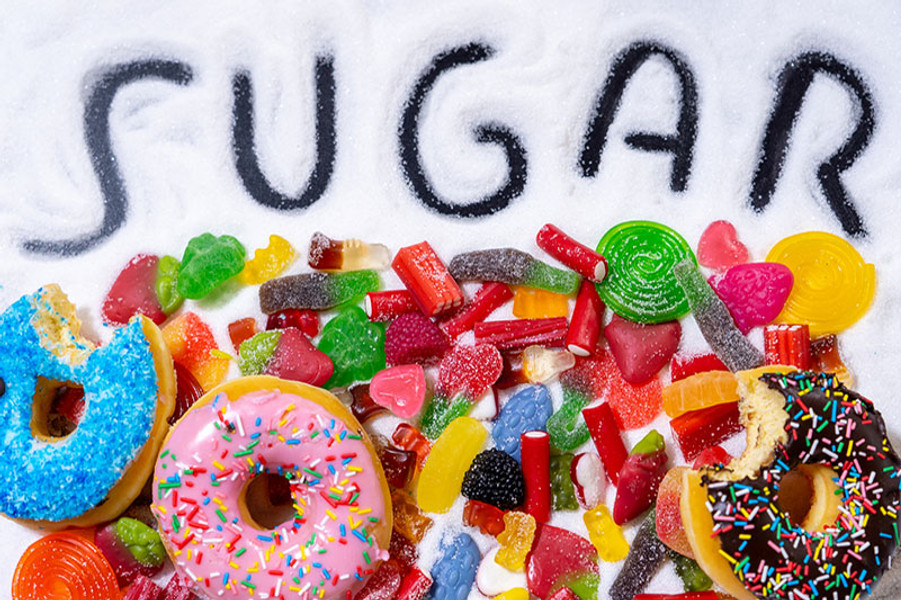Navigating Sugar's Addictive Nature
Posted by Fresh Harvest Market on 6th Jun 2024
Unmasking the Bitter Truth: Sugar's Addictive Grip on Health
In the dynamic landscape of health and nutrition, the discussion around the impact of sugar on our well-being is both critical and contentious. Here we aim to explore the controversial assertion that sugar is potentially 10 times more addictive than cocaine, delving into its effects on health and examining the alleged connections to major pharmaceutical companies and influential figures.
The Addictive Nature of Sugar
Exposing the Sweet Trap
While the addictive qualities of substances like cocaine are well-known, the idea that sugar shares a similar grip on our brain is startling. The mechanism through which sugar stimulates the brain, triggering a surge of dopamine comparable to highly addictive drugs, creates a cycle of cravings and consumption that proves challenging to break.
Unraveling the Brain's Response
Scientific studies suggest that our brains respond to sugar in a manner akin to addictive substances. The consistent desire for sugary treats can lead to a dependency that mirrors the powerful hold of substances known for their addictive nature.
The Physical Toll of Excessive Sugar Consumption
Beyond the Palate
Indulging in sugary delights may offer fleeting satisfaction, but the toll it takes on our bodies is substantial. From the specter of obesity and type 2 diabetes to the looming threat of heart disease, the consequences of excessive sugar consumption are far-reaching.
Exploring Health Ramifications
Research points to the fact that high sugar intake contributes to inflammation, insulin resistance, and fatty liver disease. Moreover, it expedites the aging process and heightens the risk of chronic conditions, unleashing a cascade of health issues extending well beyond mere weight gain.
Big Pharma and Sugar's Reign
The Economic Nexus
The intersection of major pharmaceutical companies and the sugar industry raises eyebrows. Critics argue that these companies stand to gain from the health problems caused by sugar, as they manufacture medications to address the resulting conditions.
The Pharmaceutical Industry's Stake
Detractors maintain that the pharmaceutical industry profits from the widespread health issues linked to excessive sugar consumption. The more individuals suffer from sugar-related ailments, the greater the demand for medications, resulting in substantial financial gains for pharmaceutical behemoths.
The Elite and the Sugar Epidemic
A Sweet Deal for the Privileged
Rumors persist about influential figures benefitting from the sugar epidemic. The claim posits that powerful individuals with vested interests in the food industry perpetuate the overconsumption of sugar to safeguard their financial empires.
Navigating the Conspiracy
While conspiracy theories abound, it is imperative to approach these claims with discernment. Distinguishing fact from conjecture is crucial in understanding the complex dynamics within the sugar industry.
In summary, the assertion that sugar is 10 times more addictive than cocaine and wreaks havoc on our bodies is a compelling perspective, albeit one surrounded by controversy. As consumers, it is our duty to be mindful of our sugar intake and question the forces that may be driving its excessive consumption. By staying informed and making conscious choices, we can navigate the sweet labyrinth, prioritizing our health over the interests of major pharmaceutical companies and influential individuals.

